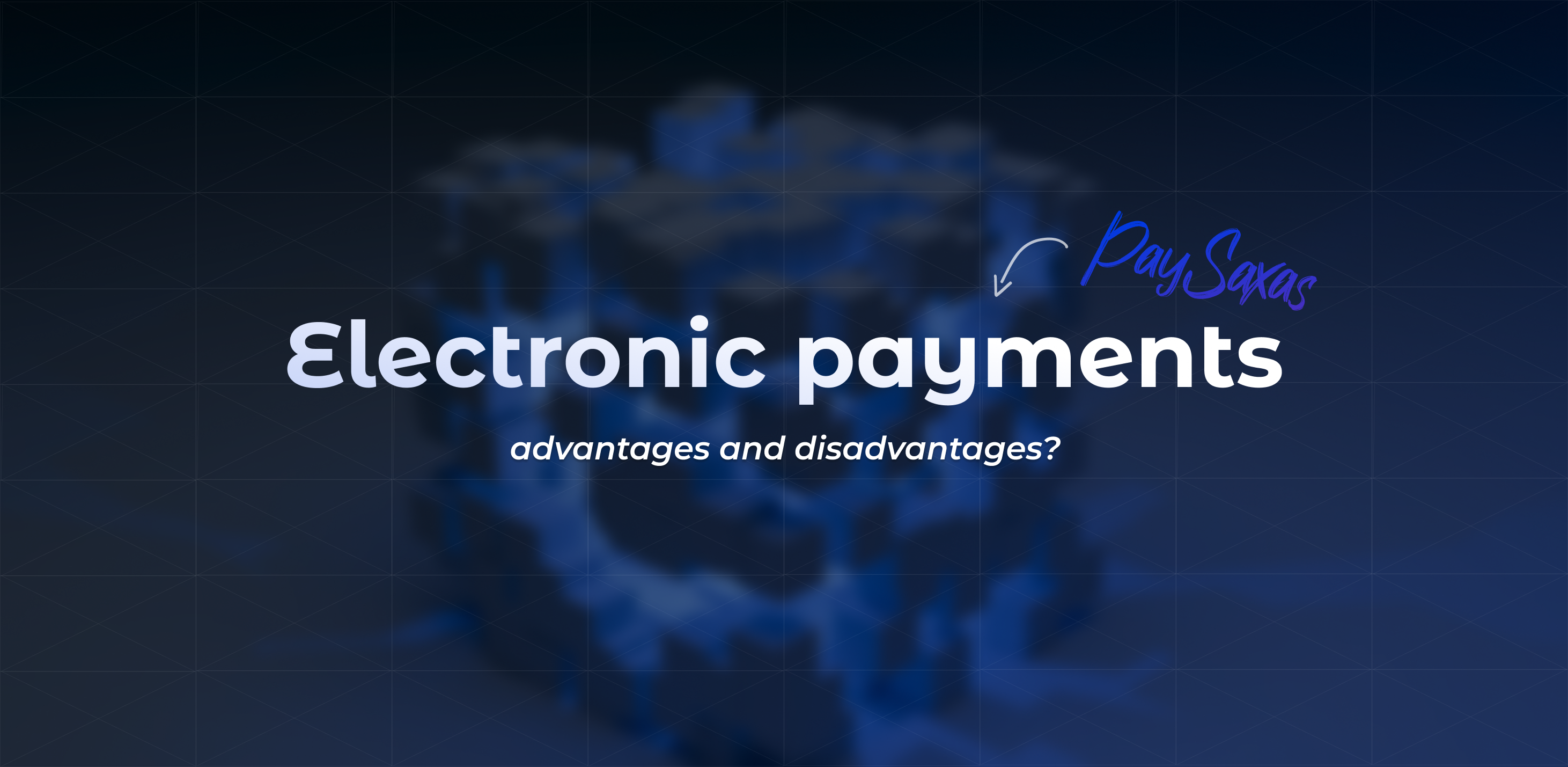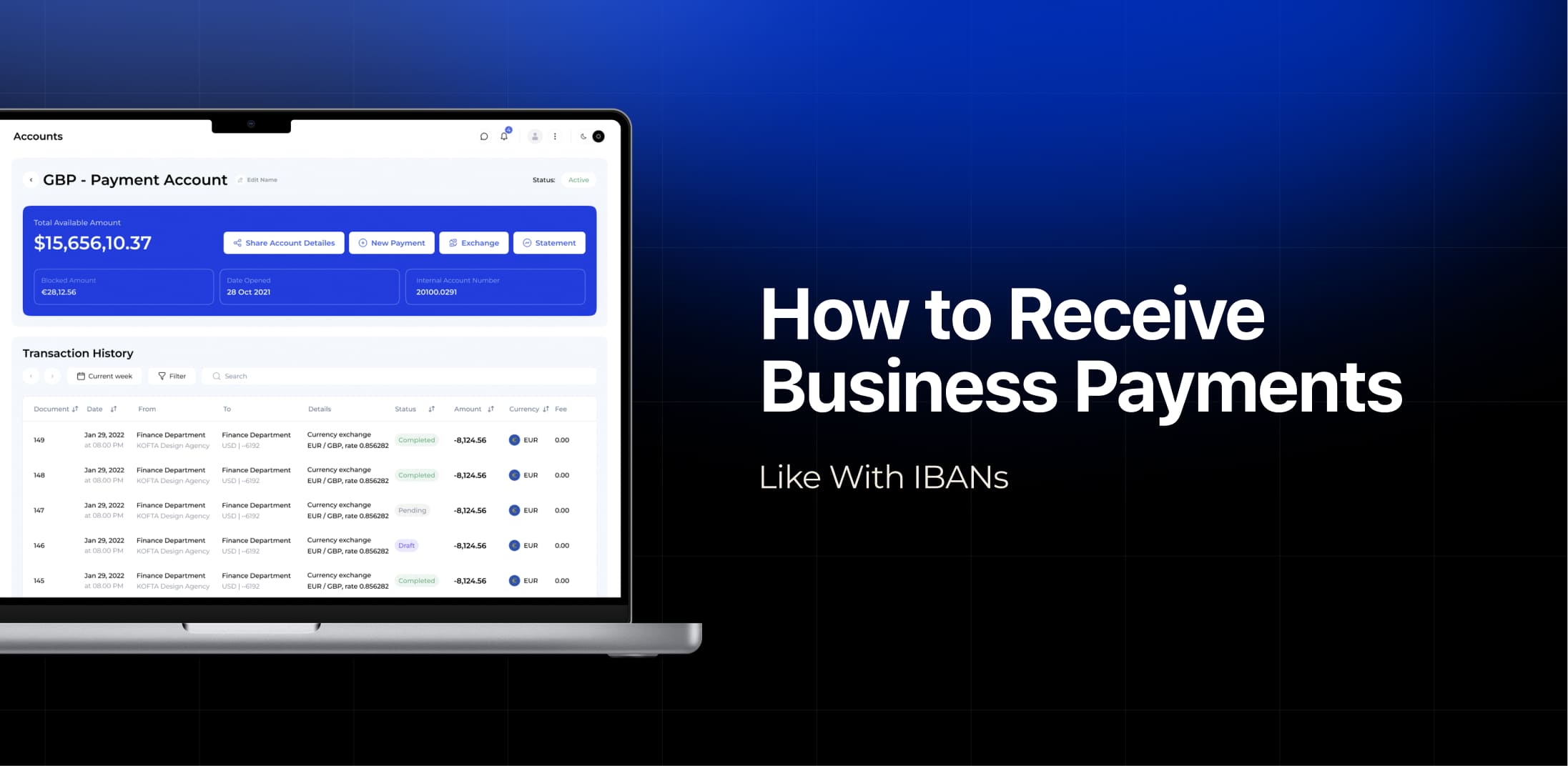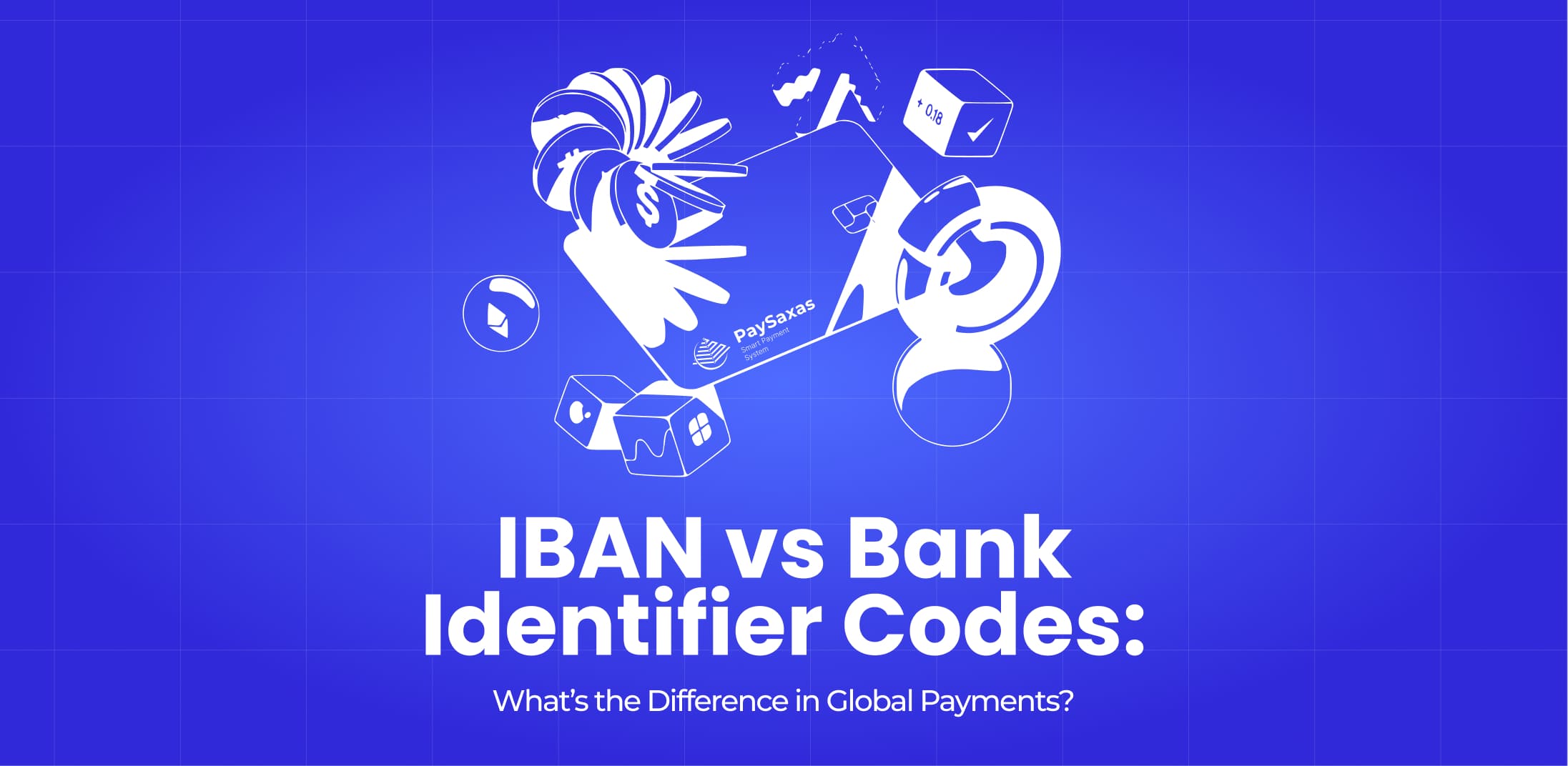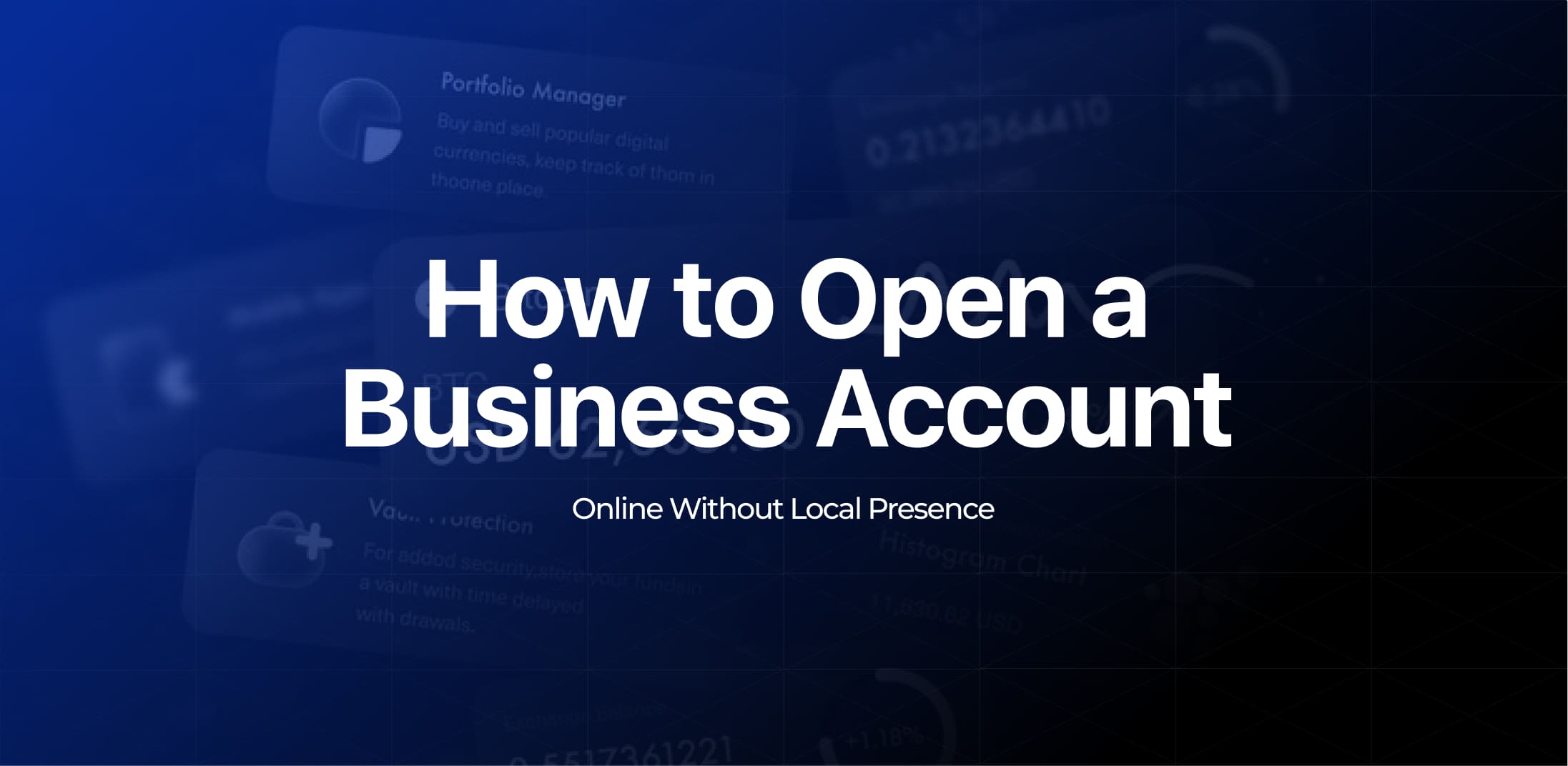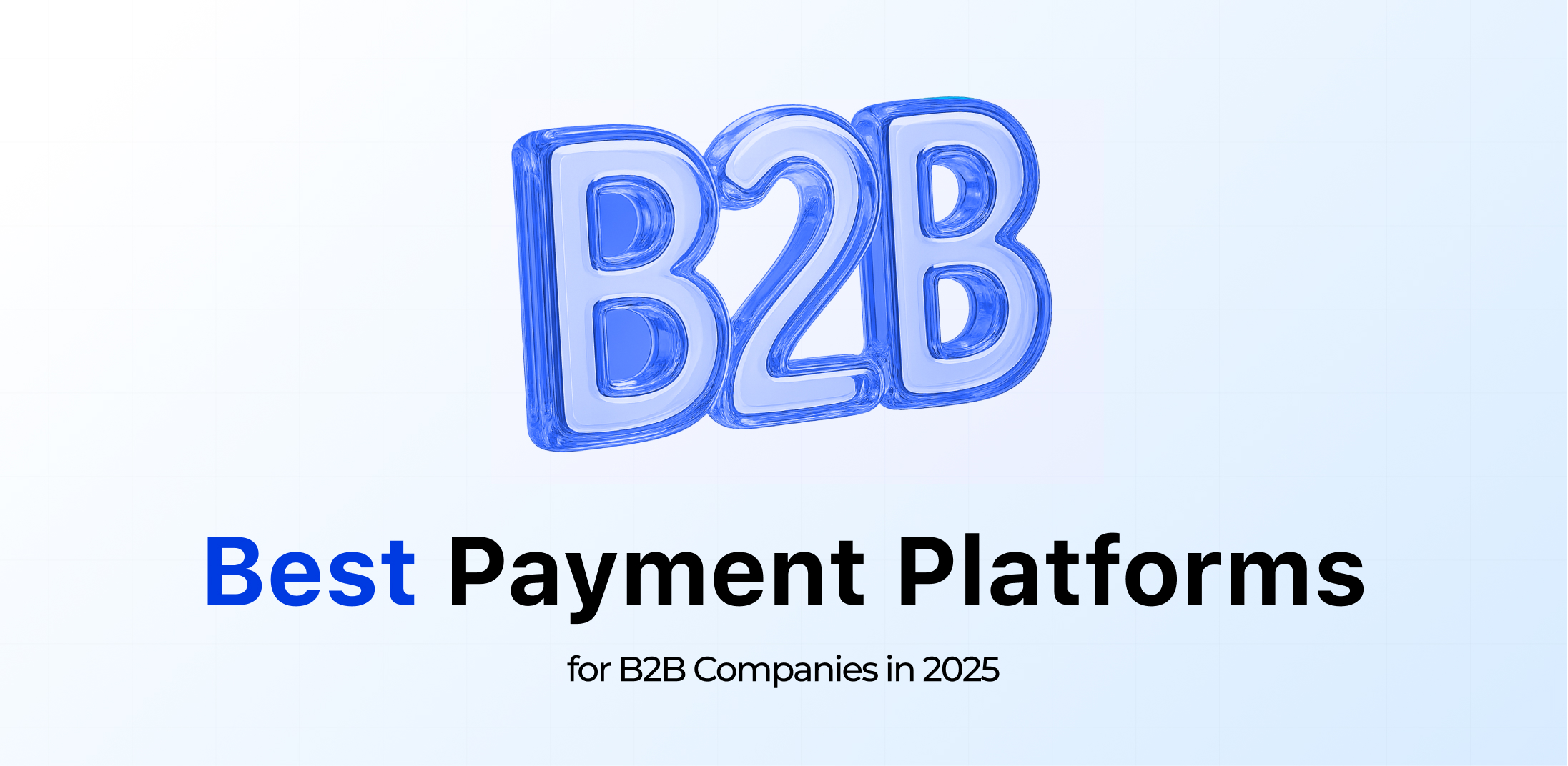Just a quarter of a century ago, the main way for the average consumer to pay for goods was by hand-to-hand transfer of cash, where the other party was a salesperson, cashier, bank employee, etc. Today, the variety of payment methods is astounding, with new technologies appearing almost every year. Electronic payments today occupy one of the main forms of payment that people around the world choose. What is it? What are their advantages and disadvantages? Let’s figure it out in order.
What do electronic payments mean?
In general, it is the ability to pay for goods or services online or through a mobile app without using banknotes. This process is usually done directly on the merchant’s website or mobile app. As a rule, the algorithm of online payment looks like this:
- The buyer selects a product or service.
- The seller summarizes the purchases and issues an invoice.
- The buyer agrees to pay the invoice and confirms this by entering bank or other payment details.
- The bank or payment provider confirms the buyer’s identity and the availability of funds in the account to pay for the purchase.
- The seller confirms the purchase and the bank or payment provider transfers the funds to the seller’s account.
Digital money, including central bank digital currencies, private issuers’ stablecoins, and e-money, continues to evolve and find new ways to become an integral part of people’s daily lives. Essentially, e-money is a digital representation of paper currency guaranteed by its issuer. Customers exchange regular money for e-money, which they can use to make easy and instant payments between people and businesses using an app on their cell phones.
Benefits of using electronic payments for business
Electronic payments are popular today. The spread of electronic money has led to a decline in the use of physical currency. E-money is generally considered a safer and more transparent way of payment. This is not surprising. The advantages of electronic payments include:
- Speed of performed operations. In general, such transactions take place in a matter of minutes. You do not need to wait long before receiving a response from the recipient’s system.
- The possibility of making a transfer of electronic money at any time of day and from anywhere in the world where there is access to the network – the Internet. This slogan also has the company Paysaxas, which will help you process these transactions.
- Ability to make anonymous payments. There are situations when it is necessary to make a payment without specifying the sender. With the help of electronic payments, this has become possible.
- Ability to track your payments.
- It may seem trivial, but when making a virtual payment, there are no problems with change.
- High portability – a money wallet is an electronic medium that fits in your pocket;
- Low cost of issuance – no need to print banknotes or mint coins. Everything happens in the online space. All you need to do is to have timely access to the Internet.
- No need to count the money, the balance is counted automatically.
- When paying through a special device, the seller will not be able to hide his funds from taxation.
These and many other benefits of online payments indicate that life has become more comfortable these days. Such processes help people all over the world not just to solve household issues, but also to do large-scale business.
Potential problems and how to avoid them
Cashless payments to businesses, transferring salaries, managing your deposits, buying goods in online stores, and sometimes even paying utility bills – all of this is done via the Internet. It is convenient since everything can be done without getting out of your chair, but the price for convenience is vulnerability to the actions of fraudsters. In any form of electronic payment, a fraudster only needs to somehow learn the user’s name in the system and the secret used to confirm the identity of the payer (CVC/CVV code, password, etc.).
The most common problem is the refusal to accept a payment due to technical reasons. Online transactions depend on the quality of the communication channel and the stability of the servers. Therefore, when choosing a payment gateway or aggregator, it is worth emphasizing the one that offers to conclude an SLA (Service Level Agreement). This is a contract that guarantees the level of performance of the payment service.
Finally, relatively rare but extremely unpleasant incidents also happen to the websites of online stores, operators, and payment systems. So in 2008, having found a vulnerability on the website of one of the largest operators in the United States, a group of hackers for several months controlled its information flows, gaining access to the data of more than 100,000,000 payment cards. Thus, despite all the convenience, the use of Internet payments is associated with a certain risk.
Final thoughts
Electronic payments are one of the major topics in the virtual area today. The world does not stand still, but is constantly evolving. E-money has been considered the norm for many years now. They are often welcomed by banks and have many advantages. Still, there are many more pros to using electronic money than cons. Besides, the system is only improving. But thanks to electronic money, we can remotely pay for any goods or services.
Also, we have the opportunity to dispose of large sums of money without having to count a huge number of bills. It is important that the customer feels comfortable making purchases and comes back again. Therefore, it is in the interests of virtual stores not only to provide as many payment methods on the site as possible. This is a guarantee that the customer will choose a convenient payment option and will not leave for a competitor.


